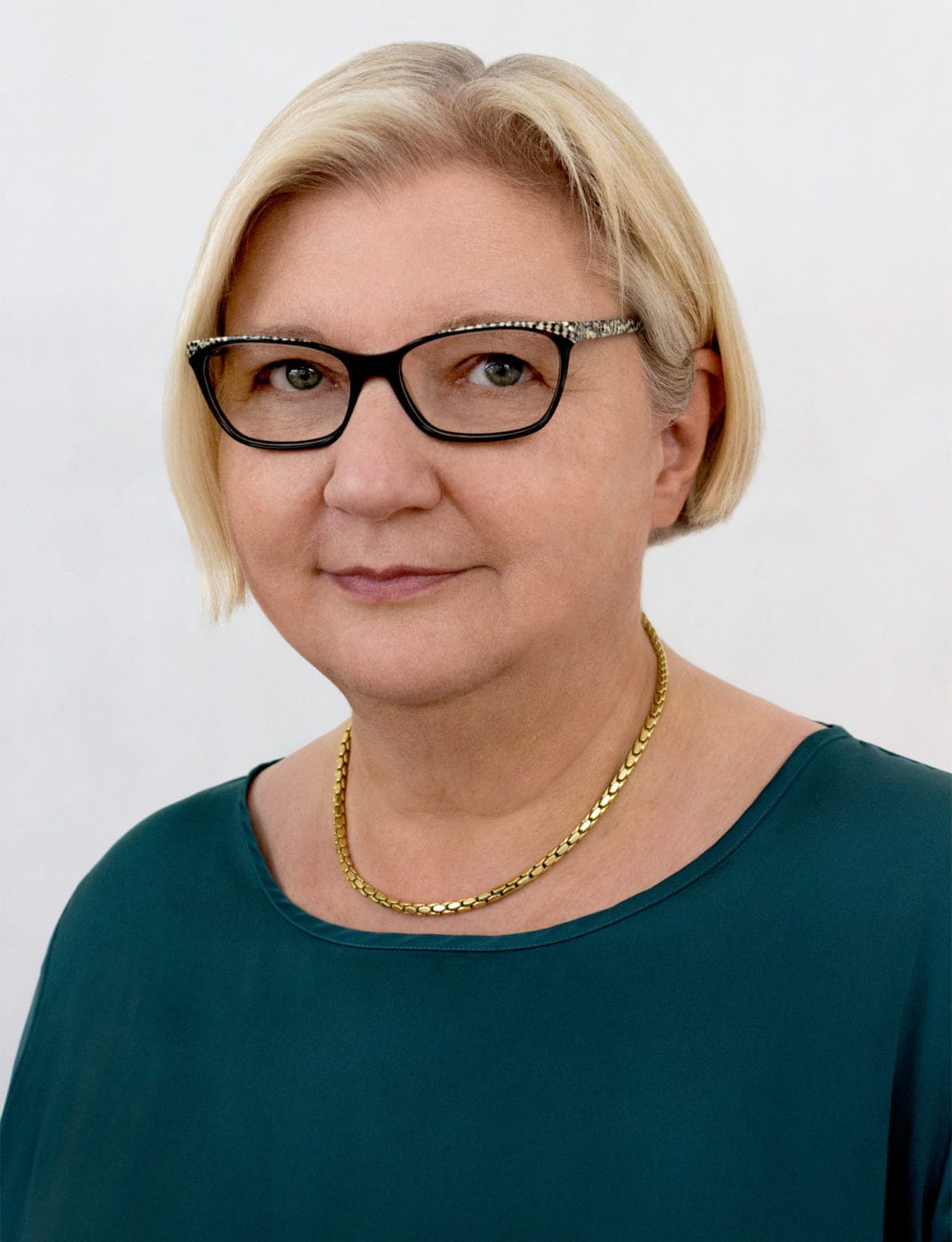Britta Oertel
Research Director

Information Scientist (M. A.)
Research field
Communication and publicityResearch field
Technology Assessment and ParticipationThe person
Britta Oertel studied Information Science and Geography at the Free University of Berlin (MA, 1995).
She has worked at the IZT since 1993, as a research associate since 1995 and as head of research since 2001. She currently heads the research fields "Public Spheres & Communication" and "Technology Assessment, Participation & Evaluation" (the latter together with Michaela Evers-Wölk).
Her research work focuses on future studies and analysing new technologies in business and society. The assessment and evaluation of opportunities and risks as well as the economic, social and political consequences take centre stage. She also evaluates funding initiatives and programmes to promote new technologies and the energy transition on behalf of the Federal Ministry for Economic Affairs and Energy, the European Commission, the WWF and the Medienanstalt Berlin-Brandenburg, among others. Since 2013, she has been working on and managing projects as part of the IZT's consortium membership with the Office of Technology Assessment at the German Bundestag (TAB).
Its clients include the German Bundestag, federal and state ministries (BMBF, BMWL, BMELV), federal agencies such as the Federal Office for the Safety of Nuclear Waste Management and the Federal Office for Radiation Protection, and well-known companies.
At the end of 2014, she was appointed to the Science Committee of the German Commission for UNESCO. In 2023, she was elected to the German Commission for UNESCO.
Expertise
- Service development
- Policy advice
- Applied futurology
- Technology assessment, technology evaluation
- Evaluations, accompanying research, social science surveys and impact analyses
Selected projects and publications
Projects
-
2024 - 2026
Discourse history of EMF criticism in Germany - actors and positions
-
2021 - 2022
Investigation into the usability of Citizen Science to obtain data on indoor radon concentrations
-
2021
Use of digital technologies in energy communities
-
2020 - 2023
Citizens' dialogue on nuclear energy (1974-1983) - State action in the debate on nuclear waste disposal and its significance for today's site selection procedure
-
2020 - 2021
Effect of state funding measures on the implementation of radon remediation measures in the residential sector - an analysis of potential
-
2019 - 2021
Energy-saving effects and cost-benefit ratios of energy-efficient building refurbishment
-
2019 - 2020
Petitions to the German Bundestag - Awareness and use of the right to petition
-
2019
Guidelines for humane work in the digital world
-
2019
Real-Time Delphi for the CAIS Research Incubator "Prospects for Digitisation Research
-
2013 - 2022
Technology Assessment at the German Bundestag
Publications
2024
Citizens' dialogue on nuclear energy (1974-1983) - State action in the debate on nuclear waste disposal and its significance for today's site selection procedure
2023
Investigation into the usability of Citizen Science for obtaining indoor radon concentration data - Project 3621S12230
2023
Is targeting the solution? Evidence from an experiment on radon risk communication
2022
Algorithms in digital media and their influence on opinion forming
2022
Futures of a Sustainable Bioeconomy. Communication and participation in new economies.
2022
The interpretation of the bioeconomy and biobased products
2022
Introduction. Future of sustainable bioeconomy.
2020
The food of tomorrow
2020
Evaluation of the BfS messages and texts from the area of electricity grid expansion
2019
Who knows and uses complaints to the German Bundestag?